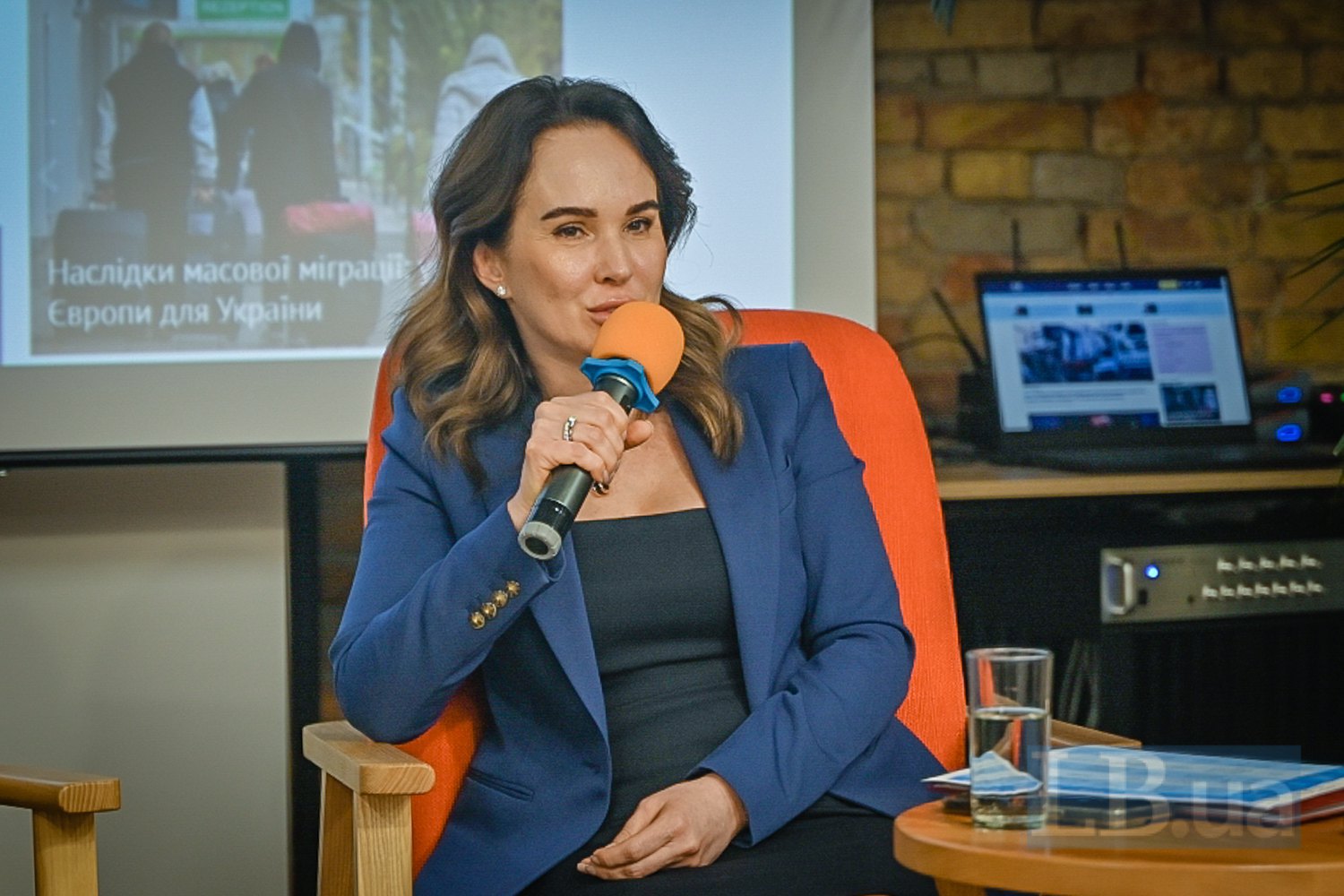
Starting in 2022, government agencies, the public sector, experts, and international partners began searching for a tool that would help establish justice and punish Russia for its aggression against Ukraine, said a representative of the Office of the President.
In January 2023, thanks in part to the strong advocacy of the Ukrainian delegation to the PACE, an international coordination group was established, comprising legal advisers from 40 countries. This includes virtually all European Union countries except Hungary, the G7 (in full composition until March this year), as well as Costa Rica and Guatemala, notes Iryna Mudra. Thus, the work was carried out at the global level.
"Over the course of two and a half years, the main legal documents were developed, which were actually approved on May 9 and transformed into political will. The lawyers completed their work in March this year, and the last meeting of the Coalition of States was held in Strasbourg, where a package of documents was approved — an agreement between Ukraine and the Council of Europe on the establishment of a tribunal, the statute of the tribunal itself, which defined all the essential conditions of its work, and an extended partial agreement — this is a strange instrument of the Council of Europe, but an effective one (the International Register of Damage was established by this very instrument),“ said Iryna Mudra. ”After that, the coordination group submitted these developments to the Council of Europe for further implementation."
Next, the representative of the Office of the President emphasizes, the process involves the Council of Europe's Committee of Ministers, which must authorize the Secretary General, on the basis of a letter from Ukraine that the Minister of Foreign Affairs already submitted in Luxembourg on May 14, to establish this special tribunal for Ukraine regarding the crime of aggression against Ukraine. The special tribunal will be able to bring to justice the highest military and political leadership of Russia, Belarus, and North Korea.
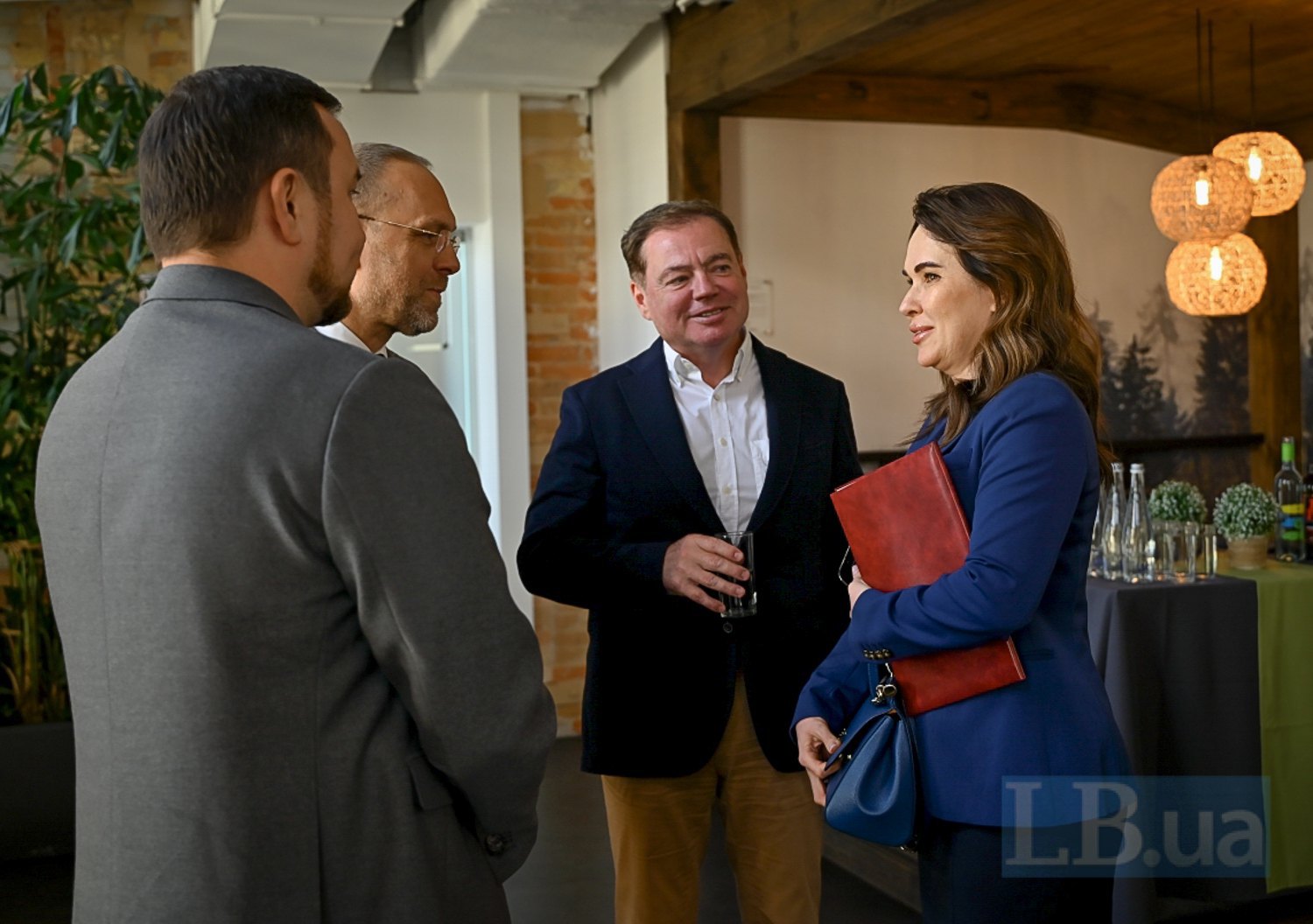
The meeting of the Committee of Ministers, at which the Secretary General of the Council of Europe will be given the authority to initiate the procedure for establishing a special tribunal, is expected to take place this month.
"The agreement between Ukraine and the Council of Europe provides for the establishment of a tribunal. The statute defines the basic provisions of its activities. An expanded partial agreement will provide for support from other countries that join this agreement, and we expect that these will be at least those who were members of this working group, and the organization of their assistance in the creation of the Council of Europe tribunal," Mudra explained.
At the same time, the condition for the transfer of these documents to the Council of Europe was — and this is explicitly stated in the decision of the coalition group — that no changes could be made to them. Therefore, it is believed that nothing significant will change when the Council of Europe works on them.
When will the special tribunal actually start working?
Not before 2026, says the deputy head of the President's Office.
"In addition to the approval of these documents, there is the issue of funding. Funds are needed to start and organize the work of the tribunal.
There is a country that has agreed to host the tribunal — the Netherlands. A host state agreement must be concluded between the Council of Europe and the Netherlands regarding the location of the tribunal in The Hague. Next, the process of allocating premises and furnishing them will continue. Our goal is to have all the technical and organizational aspects of the tribunal's creation agreed upon by the end of this year," said Iryna Mudra.
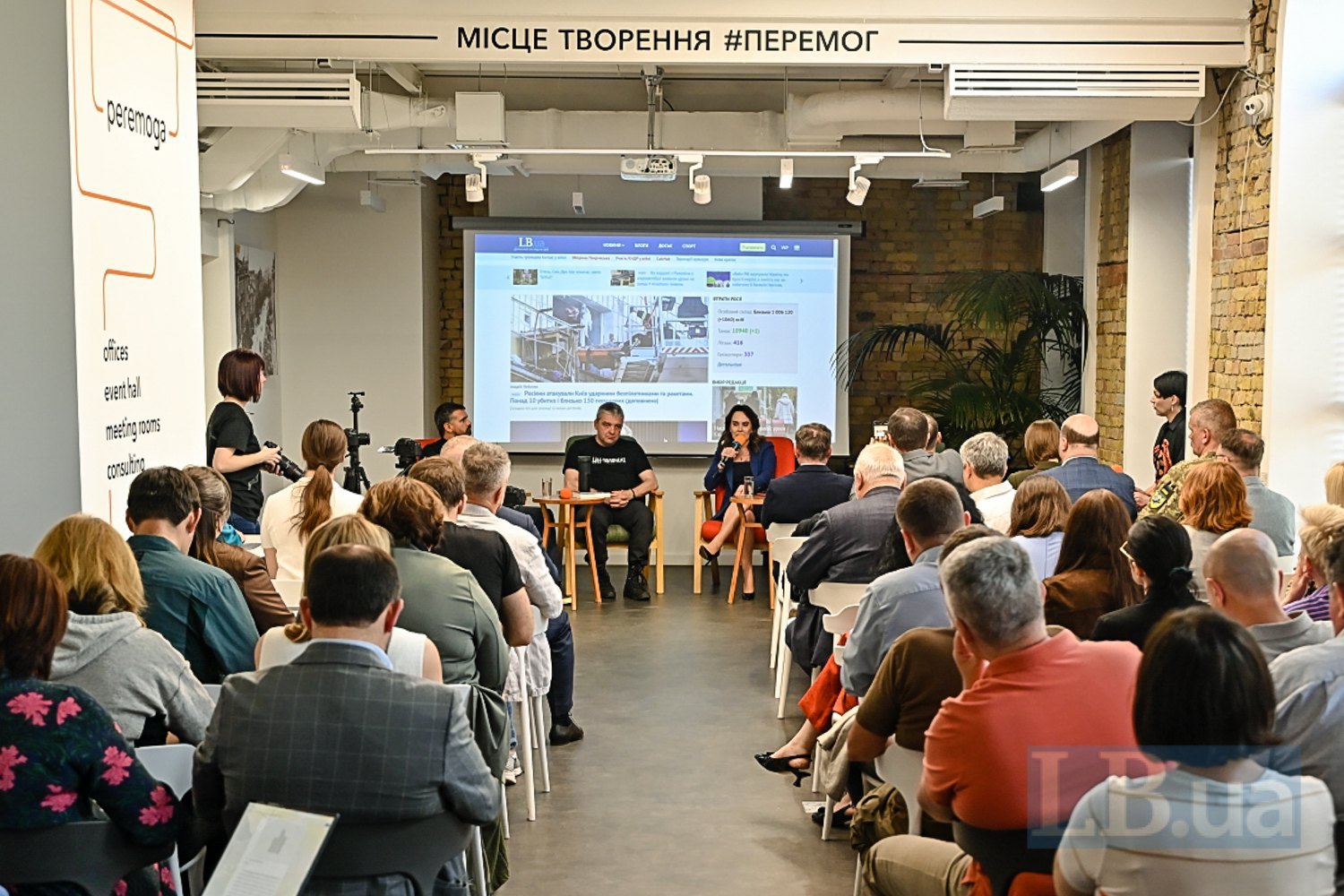
Red lines of the special tribunal
The special tribunal on crimes of Russian aggression does not provide for immunity for the three leaders of the aggressor states — this means that the current heads of state, heads of government, and foreign ministers of the aggressor states are not exempt from responsibility for the crime of aggression, despite their particularly protected international status. However, the special tribunal will only be able to hear cases against them after they leave office.
Because of this point, negotiations on the creation of the tribunal effectively stalled in mid-2024, notes Iryna Mudra. Ukraine, with the support of the Baltic countries, defended the inadmissibility of any immunities, while the rest of the partners stood in a ‘united front’ for the immunity of the three leaders of the aggressor states, as well as the impossibility of conviction in absentia, the definition of the crime of aggression under Ukrainian criminal law, or the application of Ukrainian law, which would prevent the tribunal from being international.
"Our trip to Vienna in September was a turning point. I said that I had brought the President's position: either take it or leave it. And if you don't take it, explain to everyone what you did in this war to prove that you are the chief lawyers of the most important partner countries, if you were unable to enforce international law. And the rhetoric changed completely. We started looking for compromises," said Iryna Mudra.
At the same time, she emphasises that the temporary restriction on the three leaders of the aggressor states does not mean that these individuals will escape justice.

"Prosecutors of this special tribunal will be able to gather evidence, investigate, draw up an indictment, and present it publicly so that the whole world can see the grounds for the crime of aggression and who is accused of it. The indictment will be submitted to the president of the special tribunal, who will then forward it to the pre-trial judge, and the judge will accept the indictment and suspend the proceedings. This does not mean that the person will avoid responsibility," explains the representative of the President's Office.
The tribunal's statute, she adds, clearly states that any person suspected of committing a crime of aggression will be held accountable.
According to Iryna Mudra, a total of 20-25 representatives of the military and political leadership of the aggressor states are planned to be tried by the tribunal.
"In addition to these concessions on immunity, we have achieved that, unlike the ICC, we will have trials in absentia, in absentia convictions for the remaining 20 individuals.
It will be a fully international organisation, governed primarily by the provisions of the statute. If the provisions of the statute do not regulate a particular issue, it will be governed by the norms of international law. And only if there are no relevant norms of international law will Ukrainian legislation be applied. In this way, we are making this tribunal international," the official noted.
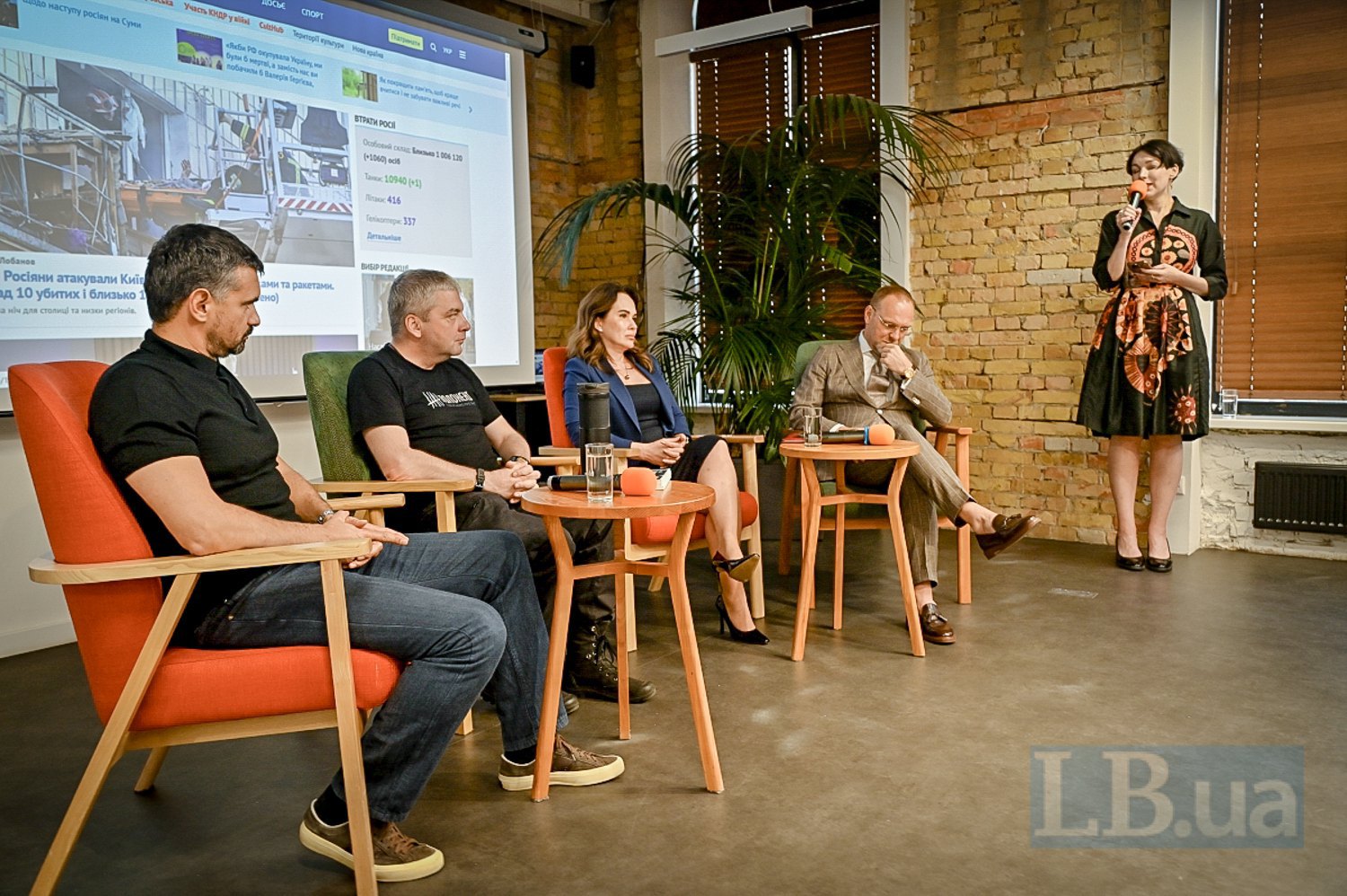
The tribunal will cooperate with the International Criminal Court, and there will be no conflict in the investigations — as soon as the accused appears in the ICC dock, the proceedings in the special tribunal will be terminated.
Importantly, Mudra adds, the statute provides for the possibility of investigating crimes of aggression from 2014, not from 2022.
"It is up to the tribunal to decide which countries' leaders can be held accountable. The statute allows this to be decided by the tribunal, and everything will depend on what materials Ukraine submits to the special tribunal, because it is our Prosecutor General who will submit to the Prosecutor of the Special Tribunal criminal proceedings, information or evidence relating to crimes falling under the jurisdiction of the Special Tribunal. Therefore, we will be able to transfer relevant materials concerning Russia, Belarus and North Korea," says the deputy head of the President's Office.
The driver of all processes, i.e., the transfer of proceedings to the tribunal, will be the Prosecutor General. (The Verkhovna Rada recently appointed Ruslan Kravchenko, former head of the State Tax Service, to this position).
‘United during the war’
Global practice in establishing tribunals shows that all but one have been successful, says Iryna Mudra. Therefore, she adds, she believes in the inevitability of the process in our case.
"I analysed all the tribunals that have taken place in the world, and only one of them did not work. The tribunal established by the 1919 Treaty of Versailles against German Kaiser Wilhelm II did not function because the main person fled to the Netherlands, which granted him political asylum.
The rest — Nuremberg, the Far East, also known as Tokyo, the former Yugoslavia, Rwanda, Sierra Leone, Cambodia — all tribunals were successful. Some had more convicted persons, some had fewer. The closest to our version is Nuremberg.
But the main difference between our tribunal and all the others that have existed is that we are creating it during the war. The rest of the tribunals were created after the war ended, when it was clear who the defeated side and the victor were. That is why our tribunal is unique and not a copy of any other," notes Iryna Mudra.
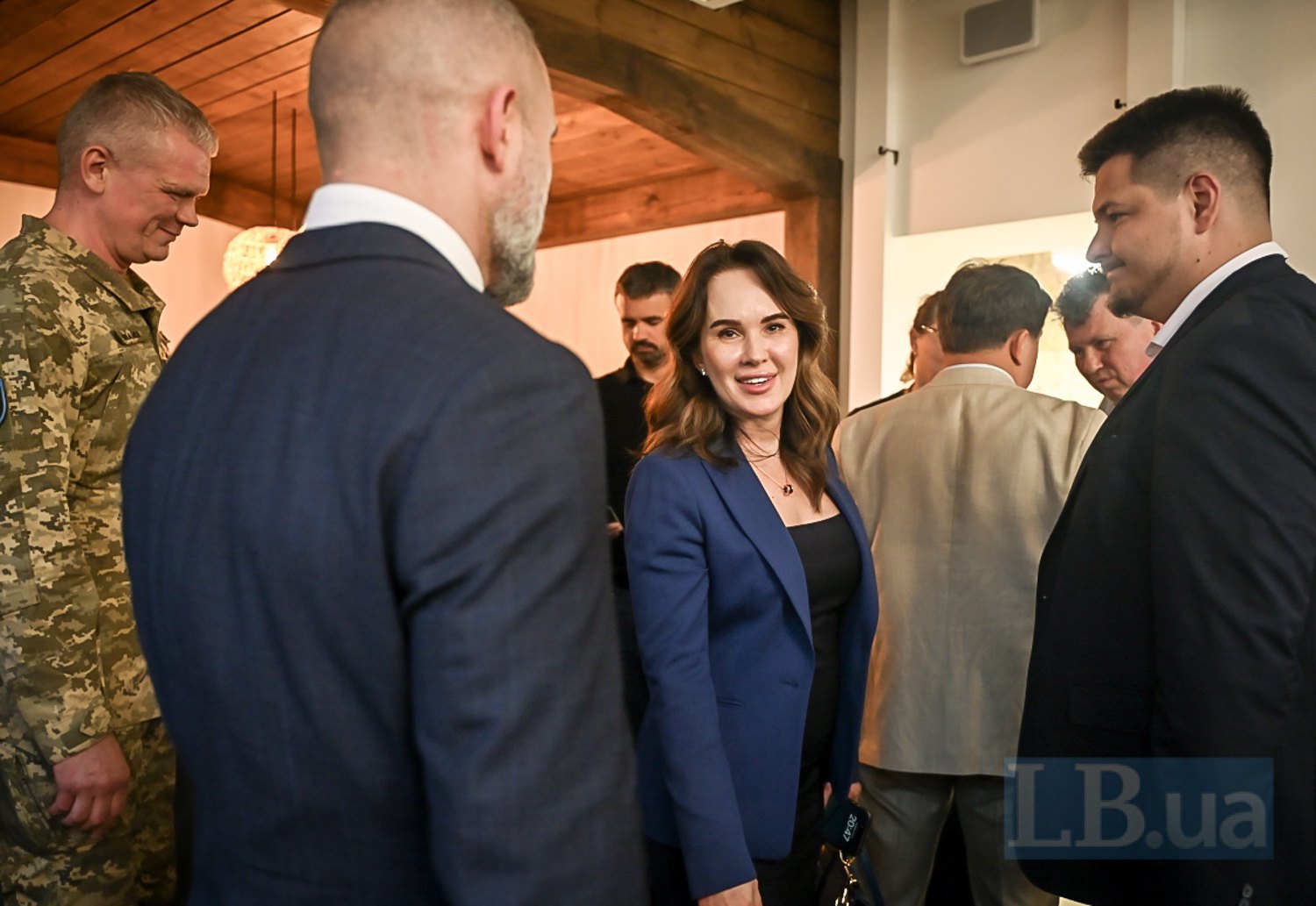
Another difference of the Ukrainian tribunal is that it provides for the individual responsibility of the highest state officials exclusively for committing aggression.
"The definition of the crime of aggression was one of the most controversial issues in our work. ... We made a broader definition so that as many people as possible would fall under it. We took the definition from Article 8 bis of the Rome Statute and from UN General Assembly Resolution No. 3314 (dated 14 December 1974. - Ed.), which defines aggressive war. And thus, the crime of aggression in our statute will have an individual definition," the official noted.
She also does not foresee long time frames for investigations within the framework of the tribunal's work, since the International Centre for the Investigation of the Crime of Aggression has been operating at Eurojust for two years and has already gathered evidence. The Office of the Prosecutor General also has some evidence.
In addition, during the discussion, the deputy head of the Office of the President noted two more interesting details. International partners tried to convince Ukraine to create a special tribunal after the end of the war, arguing that they ‘do not see a demand from our society.’ However, Iryna Mudra admits that they tried not to spread information about the tribunal too widely so as not to attract excessive attention from Russian propaganda.
They also tried to present the tribunal as a bargaining chip in negotiations with Russia, something that could be used to negotiate, the official notes.
‘Our answer is unequivocal: justice is not negotiable, justice is not a subject for negotiation, there can be no question of negotiating justice,’ Iryna Mudra concluded.








